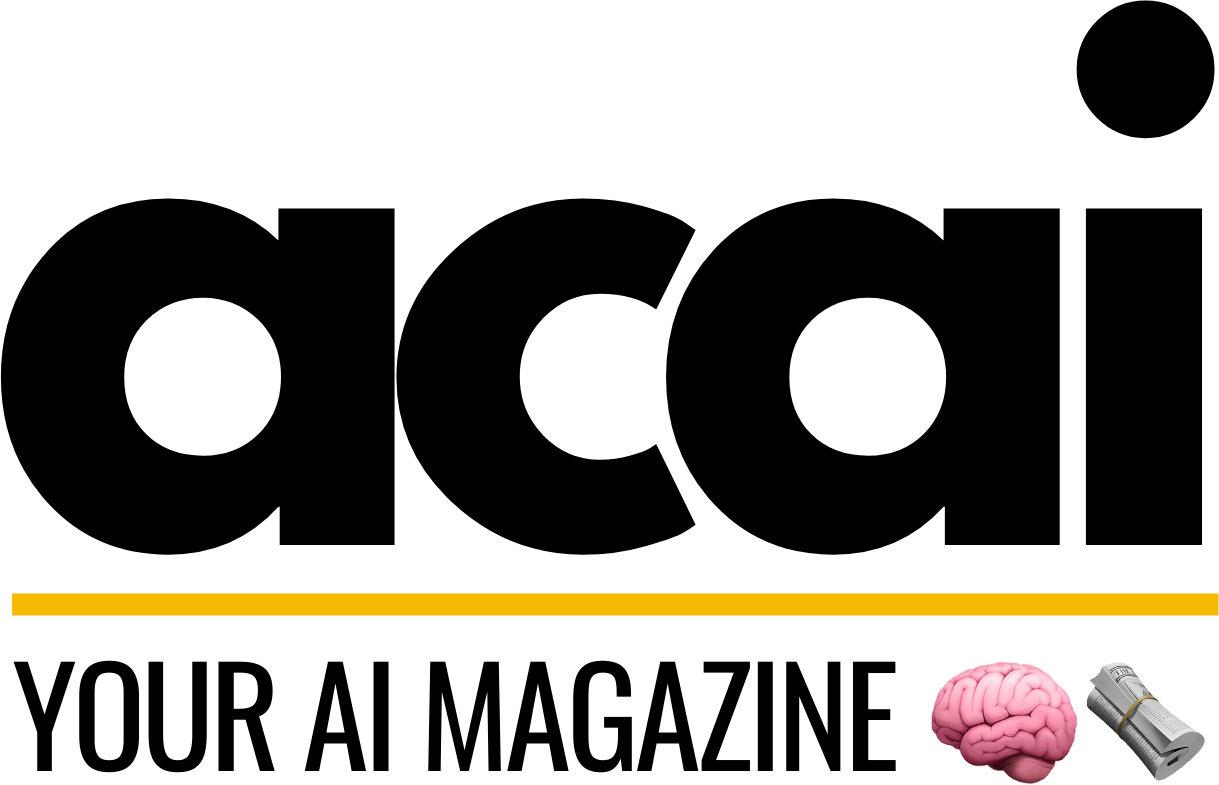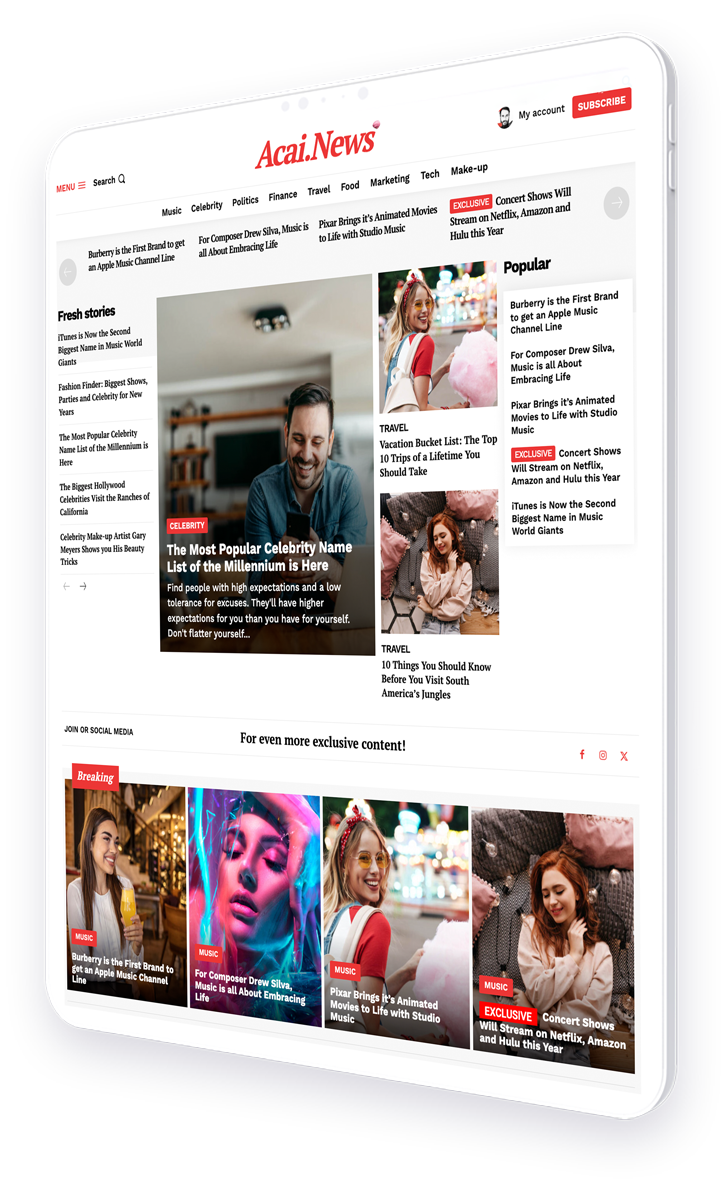Analyze real-world examples of companies that have successfully integrated AI into their inbound marketing efforts, highlighting the strategies used and the measurable outcomes achieved
In the rapidly evolving landscape of digital marketing, artificial intelligence (AI) has emerged as a transformative force, particularly in the realm of inbound marketing. Companies across various industries are leveraging AI to enhance their marketing strategies, improve customer engagement, and drive measurable outcomes. This article delves into real-world examples of successful AI implementations in inbound marketing, highlighting the strategies used and the results achieved.
Understanding AI in Inbound Marketing
Before diving into specific case studies, it’s essential to understand what AI in inbound marketing entails. Inbound marketing focuses on attracting customers through valuable content and experiences tailored to them. AI enhances this process by automating tasks, analyzing data, and providing insights that help marketers make informed decisions.
- Automation: AI automates repetitive tasks, freeing up marketers to focus on strategy and creativity.
- Data Analysis: AI analyzes vast amounts of data to identify patterns and trends, enabling personalized marketing efforts.
- Customer Insights: AI provides deep insights into customer behavior, preferences, and needs, allowing for more targeted marketing.
Case Study 1: Netflix – Personalization at Scale
Netflix is a prime example of a company that has successfully integrated AI into its inbound marketing strategy. The streaming giant uses AI to personalize content recommendations for its users, enhancing the overall user experience and increasing engagement.
Netflix’s AI algorithms analyze user behavior, such as viewing history and search queries, to suggest content that aligns with individual preferences. This level of personalization has been instrumental in retaining subscribers and reducing churn rates.
Key Strategies:
- Utilizing machine learning algorithms to analyze user data and predict preferences.
- Implementing a recommendation system that adapts in real-time to user interactions.
- Continuously refining algorithms based on user feedback and behavior.
Measurable Outcomes: Netflix’s AI-driven personalization has led to a significant increase in user engagement, with over 80% of content watched on the platform being driven by recommendations. This has contributed to Netflix’s growth, with the company boasting over 200 million subscribers worldwide.
Case Study 2: HubSpot – Enhancing Lead Scoring and Nurturing
HubSpot, a leading inbound marketing and sales platform, has effectively integrated AI to enhance its lead scoring and nurturing processes. By leveraging AI, HubSpot can better identify high-quality leads and tailor marketing efforts accordingly.
HubSpot’s AI-powered tools analyze various data points, such as website interactions and email engagement, to assign lead scores. This allows sales teams to prioritize leads that are more likely to convert, improving overall efficiency and effectiveness.
Key Strategies:
- Implementing AI-driven lead scoring models to assess lead quality accurately.
- Using predictive analytics to forecast lead conversion probabilities.
- Automating lead nurturing campaigns based on AI insights.
Measurable Outcomes: HubSpot’s AI integration has resulted in a 30% increase in lead conversion rates and a 20% reduction in the time sales teams spend on unqualified leads. This has significantly boosted the company’s revenue and customer satisfaction levels.
Case Study 3: Sephora – Revolutionizing Customer Engagement
Sephora, a global beauty retailer, has embraced AI to revolutionize customer engagement through its virtual assistant, Sephora Virtual Artist. This AI-powered tool allows customers to try on makeup virtually, providing a personalized shopping experience.
The virtual assistant uses augmented reality (AR) and AI to analyze facial features and recommend products that suit individual preferences. This innovative approach has enhanced customer satisfaction and increased online sales.
Key Strategies:
- Integrating AI and AR technologies to create an interactive shopping experience.
- Utilizing machine learning to improve product recommendations over time.
- Offering personalized beauty advice based on customer data and preferences.
Measurable Outcomes: Sephora’s AI-driven virtual assistant has led to a 30% increase in online sales and a 20% boost in customer engagement. The tool has also contributed to a higher average order value, as customers are more likely to purchase recommended products.
Case Study 4: Coca-Cola – Optimizing Content Creation
Coca-Cola has successfully integrated AI into its content creation process, optimizing its marketing campaigns and improving brand engagement. The company uses AI to analyze consumer data and generate creative content that resonates with its target audience.
By leveraging AI, Coca-Cola can identify trending topics and consumer preferences, allowing for more relevant and timely content creation. This approach has enhanced the brand’s visibility and strengthened its connection with consumers.
Key Strategies:
- Using AI to analyze social media trends and consumer sentiment.
- Automating content creation processes to ensure consistency and efficiency.
- Implementing AI-driven tools to personalize marketing messages.
Measurable Outcomes: Coca-Cola’s AI-powered content strategy has resulted in a 20% increase in social media engagement and a 15% boost in brand awareness. The company’s ability to deliver relevant content has also contributed to a stronger emotional connection with its audience.
Conclusion: The Future of AI in Inbound Marketing
The case studies highlighted in this article demonstrate the transformative power of AI in inbound marketing. From personalization and lead scoring to customer engagement and content creation, AI has proven to be a valuable asset for companies seeking to enhance their marketing efforts.
As AI technology continues to evolve, its potential in inbound marketing will only grow. Companies that embrace AI and integrate it into their strategies will be better positioned to meet the ever-changing needs of their customers and achieve sustainable growth.
For more insights on AI in marketing, visit Forbes.
Key Takeaways:
- AI enhances inbound marketing by automating tasks, analyzing data, and providing customer insights.
- Successful AI implementations, such as those by Netflix, HubSpot, Sephora, and Coca-Cola, have led to increased engagement, conversion rates, and brand awareness.
- The future of inbound marketing lies in the continued integration of AI technologies to meet evolving consumer demands.




